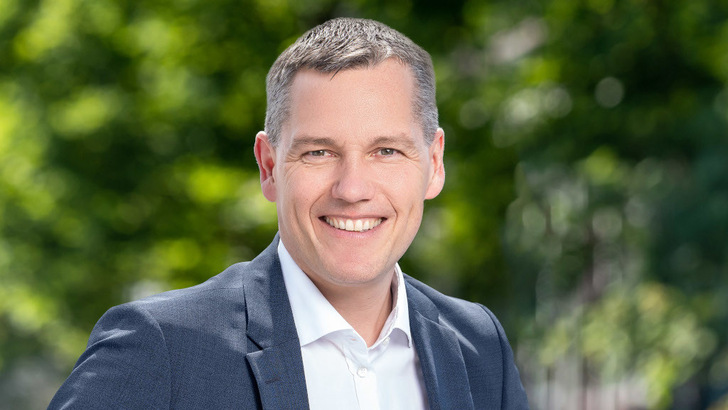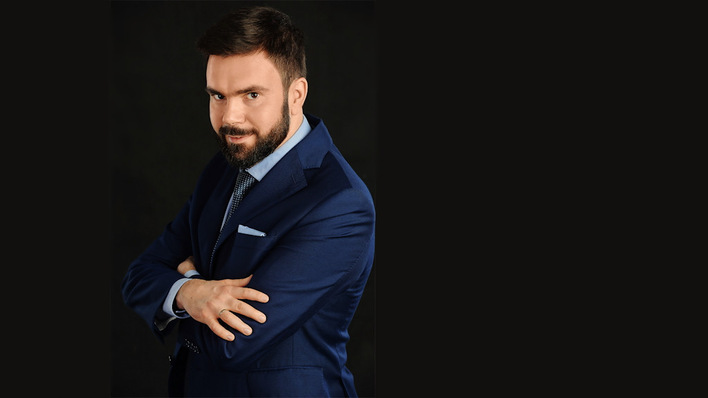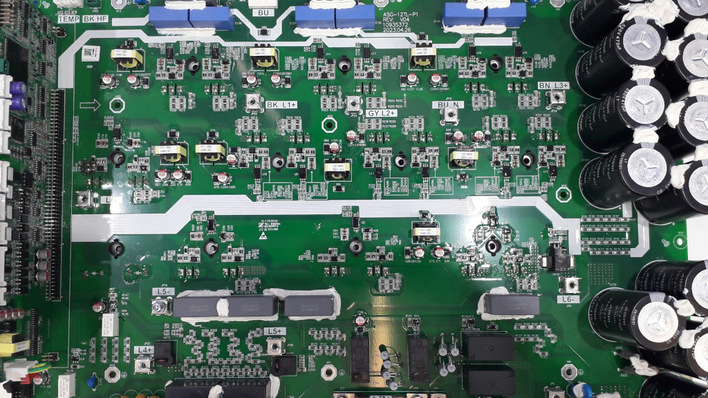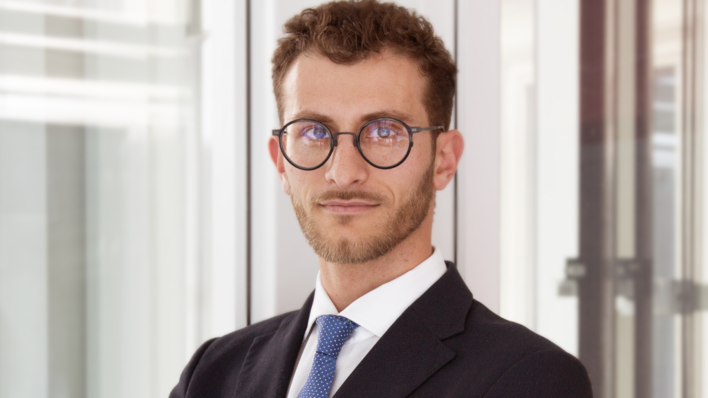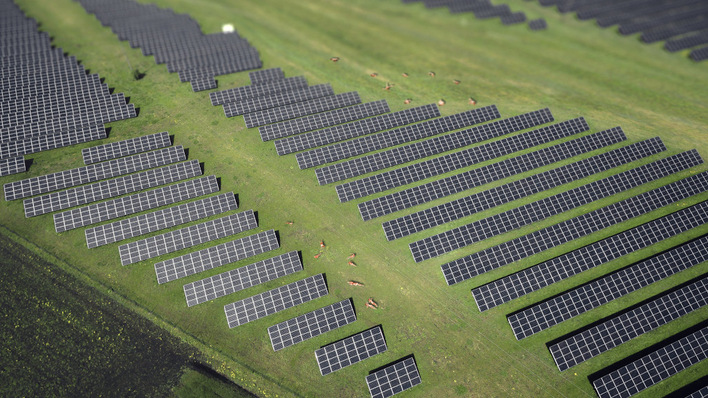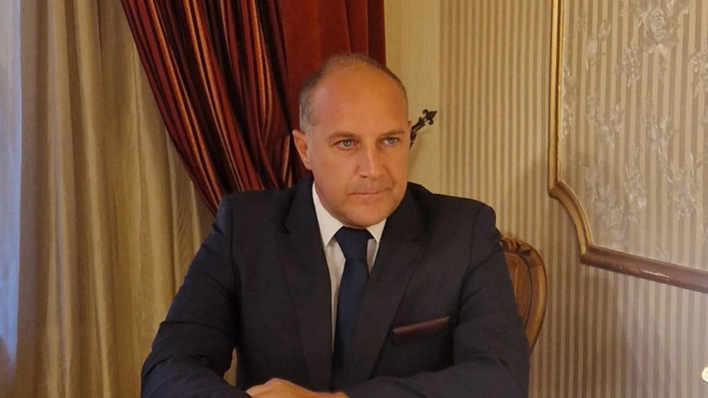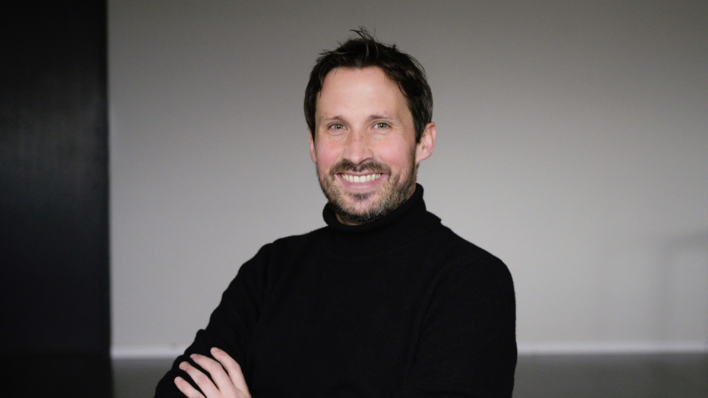How did the first half of 2025 go for BayWa r.e.’s solar trading business?
Frank Jessel: I have yet to see any meaningful revival across Europe. While some European markets are making positive progress, others are falling short of expectations. Germany, in particular, stands out in this regard. It really is a challenging market situation.
IBC Solar – “The strength of a brand lies in the trust of its customers”
Why do you think that is?
We are operating in a buyer’s market: prices are exceptionally low, and in many countries the return on investment has never been so favourable. Yet demand remains muted. With prices at this level, now would be the optimal moment to invest in a solar system, ideally including additional components such as storage, a wallbox, a heat pump and an energy management system.
What is driving your optimism?
What encourages us is the remarkable loyalty our customers and suppliers have shown during this difficult period. We have even managed to win new customers. Thanks to BayWa r.e.’s robust financing package, we are looking to the future from a position of confidence. We are back in business.
Studies confirm water benefits of agri-PV systems
Has this loyalty from suppliers and customers translated into growth?
Overall, we have gained customers. Of course, we have lost a few along the way – that was inevitable. However, we are picking up some renewed momentum, even though markets across Europe are developing unevenly.
What do you mean by “unevenly”?
Markets such as France are performing well, and our operations in Spain are also delivering profits. Likewise, the trading business in Switzerland is thriving. By contrast, the German market is proving particularly difficult, especially in the residential segment, namely private installations.
Major battery storage to ease power bottleneck between Scotland and England
What are the reasons for these difficulties?
The private segment in Germany has stalled, even though the return on investment for solar customers has never been so attractive. In my view, this is largely due to current policy priorities. There is little sign of a new start. The ongoing discussion about capacity markets and gas-fired power plants is leading nowhere. Instead, as many in the sector are urging, we should focus on making the electricity market more agile. The expansion of renewables must continue. In Austria, cuts to subsidies are having a negative effect.
Germany, Austria and Switzerland have a tradition of private solar installations. Is this the case throughout Europe?
Not at all. In Romania or Bulgaria, the market is much more project-driven, with solar parks feeding into the grid. We are offsetting the decline in private installations mainly by ramping up sales of larger storage solutions. These include industrial-scale or commercial storage systems for C&I customers. In August, we announced an exclusive distribution partnership with WHES for the European market. This has broadened our portfolio to include premium battery storage systems, which we will distribute in the key European markets going forward, with exclusive contracts in Germany, Italy, Belgium, Luxembourg, Spain, Portugal, Austria, Switzerland, plus Lithuania, Greece, Albania and Kosovo.
Solar-Planit puts users at the centre of solar planning
Installers are increasingly focusing on the C&I segment, but entry is not straightforward. The requirements are very different from private installations. Are you seeing growth in C&I?
We are seeing a clear shift in that direction in the storage market. In residential, demand continues to grow for high-capacity home storage systems with greater energy density. Overall, the trend is towards larger and more capable systems. We are working with partners to develop innovative concepts and are investing in a range of initiatives to help our installers benefit from this shift.
Turnover is one thing, but profitability is another. Module and inverter prices are at historic lows. How can wholesalers still achieve profitability?
This year, we have already delivered greater profitability than planned. While turnover is only creeping upwards, we have achieved substantial cost savings. Naturally, this is a real advantage in a tough market. Our inventory levels are also very low. We grew rapidly during the boom two or three years ago. Today, we are streamlining our structures. We have tidied up, and this work is paying off.
Solar Investors Guide #8: Agri-PV for farmers and investors (podcast in German)
Intersolar took place in Munich at the start of May. How did BayWa r.e. Solar Trade perform at the event?
The feedback was overwhelmingly positive. We welcomed many customers and held some highly productive discussions. We showcased 50 products from 20 manufacturers. The clear focus of interest was on storage products, such as the new Reserva storage system from Fronius and the HVB storage unit from BYD. Of course, we also presented modules, but these have become a commodity. What pleasantly surprised me was the intense interest in new mounting solutions from Novotegra.
What attracted the most interest at Novotegra?
For example, our new façade solution is performing exceptionally well in Switzerland. Our new roof mounting products have also won over many customers. Novotegra now covers almost every roof type and, as mentioned, now offers vertical mounting for façades. There was a tangible sense of momentum. We returned from the trade fair to Tübingen with renewed confidence. Our conclusion: the market remains vibrant, and we enjoyed strong results in new customer business.
WHES joins BayWa r.e. to scale commercial storage in European markets
You mentioned refinancing as a basis for new growth. Can you briefly explain what that means?
We reviewed our business models and strategy, consulted external experts, and brought in our own experience. This convinced the banks, our partners and shareholders. We are fully financed until mid-2029. We are now operating on a solid footing once again. In solar trading, we are already more profitable than forecast for this year.
What challenges must specialist wholesalers overcome if they are to maintain their place in the value chain?
Above all, wholesalers need to reduce inventory. We have already done our homework here; our turnaround times are remarkably short. It is also essential to have tighter control and management of goods flows.
BayWa r.e. expands UK solar plans with Oaklands Farm
Can you elaborate?
Some product categories are still overstocked in Europe, while others are already facing shortages, known as allocation. It is important to look closely at which products actually offer margin. Standard modules deliver little profit in trading, whereas bifacial high-performance modules are more attractive. Systems without storage are now barely sold. Higher energy and power density in storage is becoming increasingly important. Many of our installers are also reporting a marked rise in demand for air conditioning technology paired with photovoltaics.
Does that also apply to electric heating technologies, such as electric heaters, heat pumps and electric hot water systems?
We are mainly seeing demand for air conditioning technology, which must be highly efficient and easy to control to keep electricity costs down. Electric heating technology will become more important, but uptake will not be rapid. For us, a key question is which storage technology will ultimately come out on top. Battery technology has by no means reached its limits. This presents challenges, but also exciting opportunities.
BayWa r.e. steps up with smarter tools and bigger goals
Could you give an example?
At the Munich trade fair, BYD launched its new HVB storage product. This caused demand for older BYD models to collapse almost overnight. HVB has nearly displaced its predecessors. Similarly, inverters without smart grid functionality are now virtually unsellable. Smart wallboxes are also performing better than expected. Both demand and sales are rising steadily in this segment.
How can wholesalers provide even better support to their customers, the installers?
The real key is training and regular contact. Our in-house exhibition has proved very successful. I’m already looking forward to the next event. Our roadshow, which takes us across the country, is also generating strong interest. Despite the difficult market, we sense a genuine appetite and curiosity for smart products among our customers. This goes hand in hand with a need for training.
Get the latest news delivered to your desk – Subscribe to the pv Europe newsletter
How do you train your customers?
We offer extensive digital seminars in the form of webinars, as well as in-person training as part of our roadshows or by providing on-site installation support. The focus is not just on technical details and product application. Support in sales and marketing is also a critical element. This area is clearly gaining importance and will be a central focus for us in the months ahead. (HS/TF)
About the interviewee: Frank Jessel is CEO of BayWa r.e. Solar Trade Holding. He joined BayWa r.e. in 2011 as head of international solar trading activities, moving to the role of Global Director Solar Trade in 2016. He previously held roles at companies including MHH Solartechnik, acquired by BayWa AG in 2010, and Celadon. Frank Jessel holds a degree in business administration from Nürtingen University of Applied Sciences. He has close to 20 years’ experience in trading, including five years in the United States.


